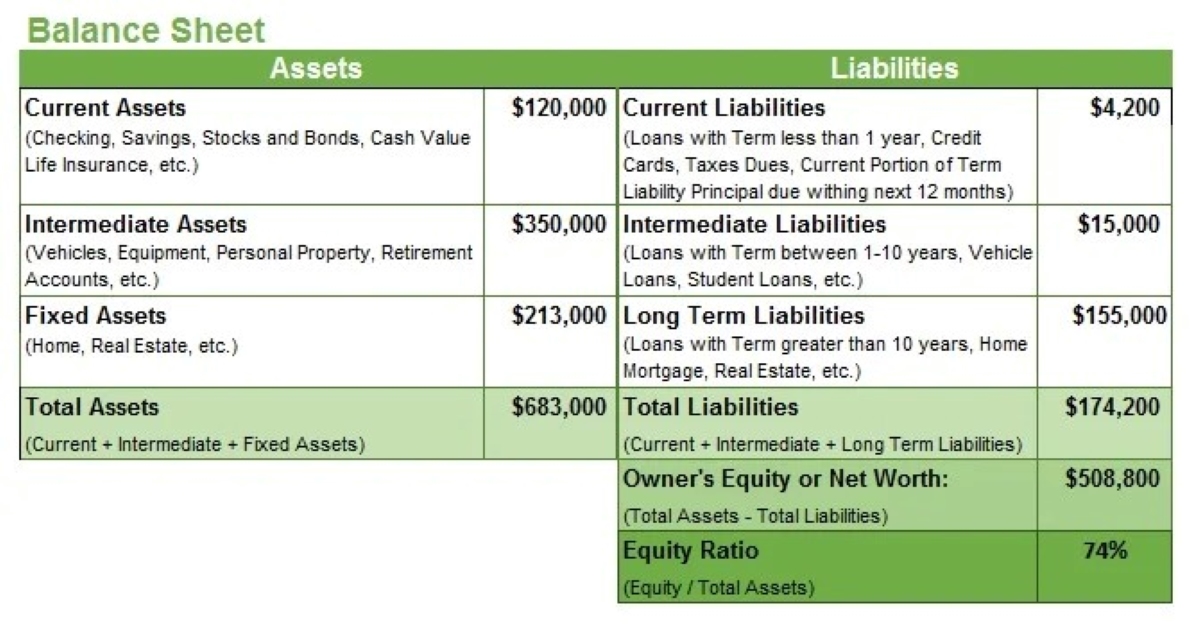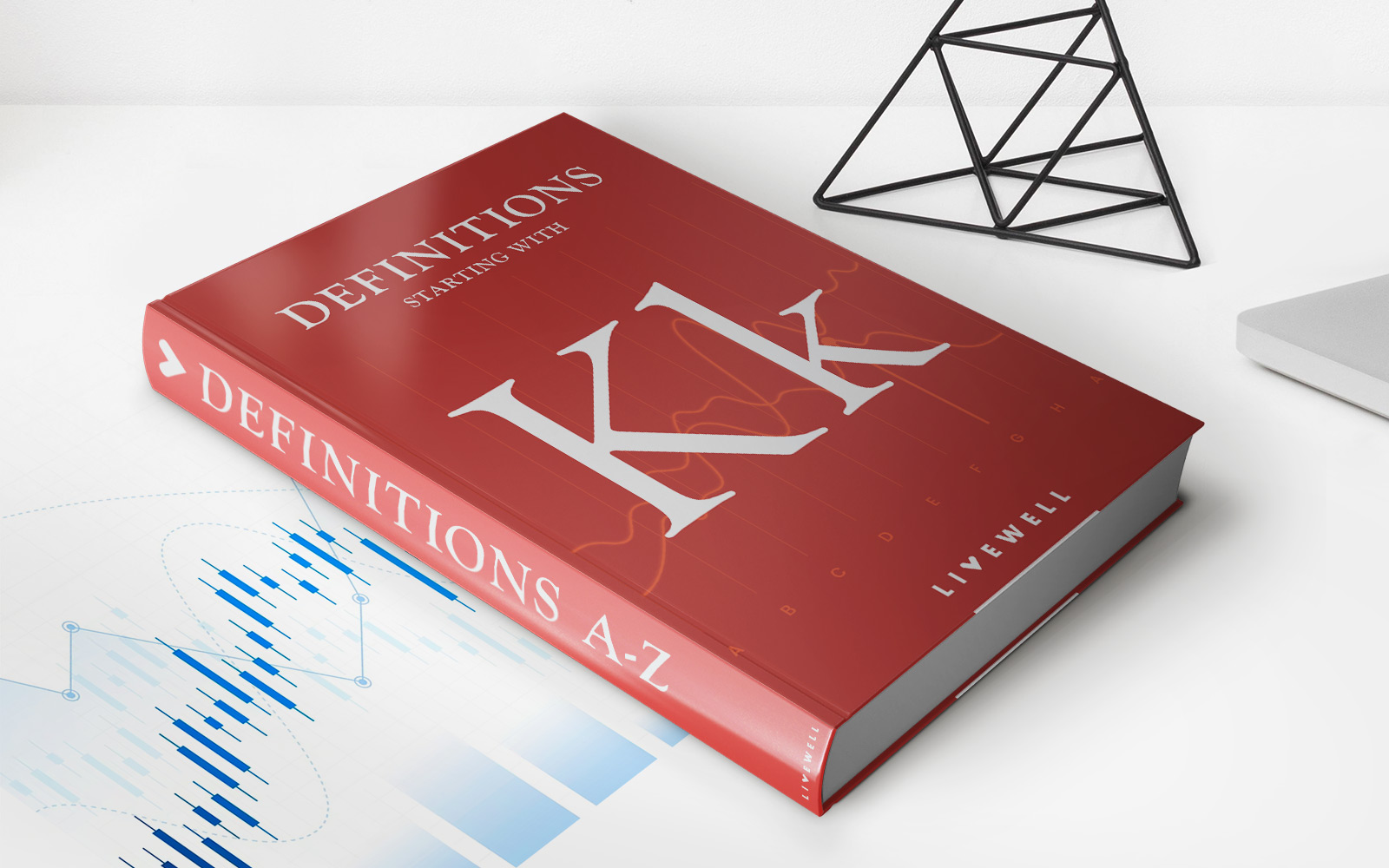

Finance
Amakudari Definition
Published: October 6, 2023
Discover the meaning of Amakudari in the world of finance. Explore its significance and implications in the financial industry.
(Many of the links in this article redirect to a specific reviewed product. Your purchase of these products through affiliate links helps to generate commission for LiveWell, at no extra cost. Learn more)
Welcome to the World of Finance: Exploring the Fascinating Concept of Amakudari
When it comes to understanding the intricate world of finance, there are numerous terms and concepts that may seem overwhelming at first glance. One such term that has garnered interest and intrigue is “Amakudari.” So, what is Amakudari? In simple terms, Amakudari is a practice in Japan whereby retired government officials are appointed to positions in private companies or organizations. This concept is unique to Japan and has its own set of pros and cons. Let’s delve deeper into this fascinating phenomenon.
Key Takeaways:
- Amakudari is a practice in Japan where retired government officials are appointed to positions in private companies.
- Amakudari is a subject of debate due to its potential risks of corruption and potential benefits of utilizing the knowledge and expertise of retired officials.
The Origins and Purpose of Amakudari:
The term “Amakudari” literally translates to “descent from heaven.” This practice finds its roots in the Japanese bureaucracy and aims to create a harmonious relationship between the government and the private sector. The primary objective is to utilize the knowledge and expertise of retired bureaucrats in specific industries or organizations. By appointing these officials to key positions, it is believed that the government can maintain influence over policies and regulations affecting those sectors, ultimately ensuring a smooth transition and continuity in governance.
The Controversy Surrounding Amakudari:
As with any other practice, Amakudari has its fair share of proponents and critics. While some argue that it is beneficial to tap into the experience and expertise of retired officials, others view it as a breeding ground for corruption and nepotism. Here’s a closer look at both sides of the coin:
The Benefits:
- Knowledge and Expertise: Retired officials bring with them years of experience in their respective fields. By appointing them to key positions in private companies, organizations can benefit from their insights and unique perspective.
- Regulatory Influence: With retired officials working in private companies, the government can continue to exert its influence over policies and regulations, ensuring a smooth transition and avoiding conflicts of interest.
- Industry-Government Collaboration: Amakudari fosters collaboration between the public and private sectors, leading to mutually beneficial partnerships and the sharing of resources.
The Risks:
- Corruption and Nepotism: Critics argue that Amakudari can lead to corruption and the potential misuse of power. The practice may provide opportunities for retired officials to wield their influence for personal gain rather than serving the best interests of the organization.
- Stifling Innovation and Fresh Perspectives: By appointing retired officials, organizations may miss out on fresh ideas and perspectives from younger and more diverse talent, potentially hindering innovation and growth.
- Lack of Transparency and Fairness: The practice of Amakudari may give the perception that key positions in companies or organizations are only accessible to a select few, creating a sense of unfairness and inequality.
In Conclusion:
Amakudari is a unique concept that plays a prominent role in the Japanese business landscape. It has its supporters who acknowledge its benefits, such as utilizing the knowledge and expertise of retired officials, while others raise concerns about corruption and a lack of transparency. As with any practice, it is important to weigh the pros and cons to form an informed opinion. Understanding Amakudari provides insights into the intricate workings of the Japanese finance world and prompts further discussions on governance and accountability.














